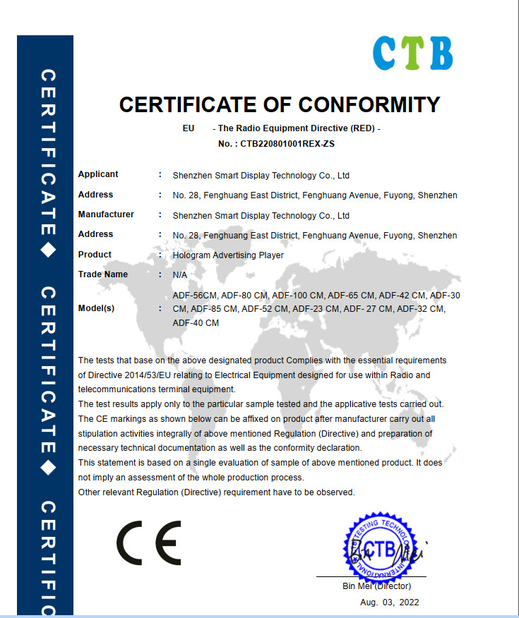
Similar suggestions might apply to network systems like the Internet, though I won't discuss them as much here.Ī personal computer performs many intelligent functions that have parallels with those of other sentient agents: I think present-day computers, including your personal laptop, deserve to be called marginally sentient. A deep-learning image classifier may use cutting-edge technology, but in terms of how much the system instantiates many components that make minds run, a 1995 operating system is arguably closer to a brain than a 2015 image classifier considered in isolation. Less often do people think about more mundane computing systems as potentially sentient, even though these mundane systems are arguably more complex than many current AIs. It's common to talk about consciousness potentially emerging from advances in AI, robotics, and agent simulation. "The question of whether computers can think is just like the question of whether submarines can swim." - Edsger Wybe Dijkstra
Digital sentience definition windows#
Attention schema theory and Windows Task Manager.Thanks also to Andrew Zuckerman and other QRI folks for great recent discussions on this topic. It's epiphenomenal and thus not actually useful for computation). I also discuss issues with IIT's solution to the binding problem (despite IIT's whole aesthetic of irreducible causality, their solution makes binding epiphenomenal! The devil's in the details: IIT says the Minimum Information Partition has "the highest claim of existence" but this leaves all non-minimal partitions untouched. In turn, since digital computers don't use fields of physics for computation, they will never be unified subjects of experience no matter how you program them. Thus, evolution stumbling upon holistic field behavior of topological pockets of the fields of physics would solve a lot of puzzles in philosophy of mind. Topological boundaries are neither epiphenomenal nor frame-dependent.

The integrated nature of fields can be recruited for computation. (3) We solve the boundary problem with topological segmentation: this allows us to also provide an explanation for what the causal properties of experience are. And the difference between awareness and attention. The difference between functionalism, computationalism, causal structure, and physicalist theories of consciousness. (2) We go over: Marr's levels of analysis (and "interactions between levels"). In particular, they made me aware of the importance of the "phenomenal binding/boundary problem" once I finally understood it, everything unraveled from there. So it was a big blow to find out that I was neglecting key pieces of the puzzle that David Pearce, and later Mike Johnson, brought up when I met them in person. In fact, most of us started out as hard-core computationalists and only switched sides once we fully grokked the limitations of that view! Until the age of 20 I was a huge proponent of digital sentience, and I planned my life around that very issue. I claim that QRI's views here are indeed much more informed than anyone would assume if they just heard that we think digital computers cannot be conscious. (1) I've been hyper-philosophical all my life and have dedicated thousands of hours working on this topic: having discussions with people in the field, writings essays, studying qualia in all manners of exotic states of consciousness, and working through the implications of different philosophical background assumptions. (Skip to 31:00 if you are not interested in my philosophical journey and you want to jump into the philosophy of mind right away).

The talk is divided into three parts: (1) my philosophical journey, which I share in order to establish credibility, (2) classic issues in philosophy of mind, and (3) how we can solve all those issues with QRI's theory of consciousness. In this video I go over what those constraints are, and in what way they actually entail that digital sentience is literally impossible. In fact, I argue that they are making a critical yet entirely non-obvious mistake: they are not taking into account a sufficiently detailed set of constraints that any scientific theory of consciousness must satisfy. This, of course, does not mean that all of these smart people who believe in digital sentience are right. In general, 99.99% of the times when someone says that digital computers cannot be conscious they do so equipped with very bad arguments.

More so, they believe this for good reasons. I start by acknowledging that most smart and well-informed people today believe that digital computers can be conscious.


 0 kommentar(er)
0 kommentar(er)
